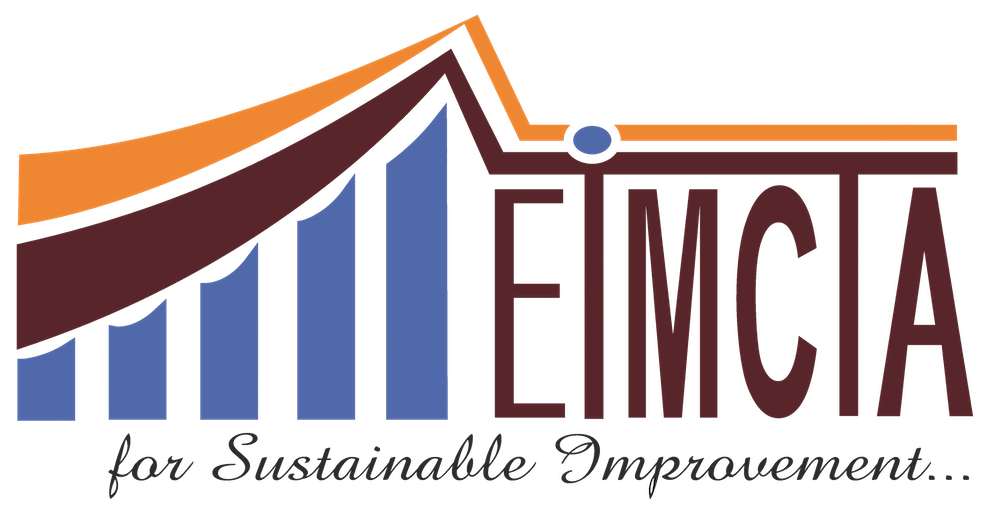Food Hygiene Level 1 training provides foundational knowledge and skills in food safety and hygiene practices for individuals working in the food industry. Here are the benefits and principles associated with Food Hygiene Level 1 training:
Benefits:
Basic Understanding of Food Safety: Food Hygiene Level 1 training equips participants with fundamental knowledge of food safety principles, including personal hygiene, cross-contamination, and safe food handling practices. This helps reduce the risk of foodborne illnesses and ensures the safety of consumers.
Compliance with Regulations: Completing Food Hygiene Level 1 training demonstrates compliance with regulatory requirements for food handlers in many jurisdictions. Regulatory agencies often require food handlers to undergo basic food hygiene training to ensure that they have the necessary knowledge to handle food safely.
Reduced Risk of Contamination: Training in food hygiene helps food handlers understand the importance of maintaining clean and hygienic environments to prevent contamination of food. By implementing proper hygiene practices, such as handwashing and sanitizing surfaces, the risk of microbial contamination is minimized.
Enhanced Reputation: Employers who invest in Food Hygiene Level 1 training demonstrate their commitment to food safety and consumer protection. This enhances their reputation among customers, regulators, and other stakeholders, leading to increased trust and confidence in their products or services.
Improved Job Opportunities: Food Hygiene Level 1 certification is often a prerequisite for employment in the food industry. Individuals who have completed this training may have better job prospects and opportunities for advancement within the industry.
Personal Development: Food Hygiene Level 1 training provides individuals with valuable knowledge and skills that can be applied not only in the workplace but also in their personal lives. Understanding proper food handling and hygiene practices can help individuals protect themselves and their families from foodborne illnesses.
Principles:
Personal Hygiene: Food Hygiene Level 1 training emphasizes the importance of personal hygiene practices, such as handwashing, wearing clean clothing, and maintaining good health, to prevent the contamination of food.
Cross-Contamination Prevention: Participants learn about the risks of cross-contamination and how to prevent it by separating raw and cooked foods, using separate utensils and equipment, and avoiding contact between raw foods and ready-to-eat foods.
Temperature Control: Training covers the importance of temperature control in preventing the growth of harmful bacteria. Participants learn about proper storage temperatures for perishable foods and the importance of cooking foods to safe internal temperatures.
Cleaning and Sanitizing: Food Hygiene Level 1 training includes instruction on cleaning and sanitizing procedures for food contact surfaces, equipment, and utensils. Participants learn how to effectively clean and sanitize these items to prevent contamination.
Food Handling Practices: Participants are taught safe food handling practices, such as avoiding bare-hand contact with ready-to-eat foods, using proper utensils and equipment, and minimizing the time that food spends in the temperature danger zone (between 40°F and 140°F or 4°C and 60°C).
